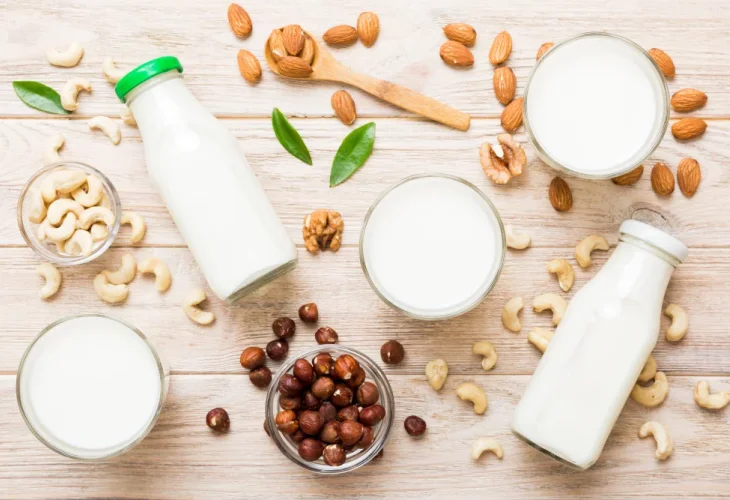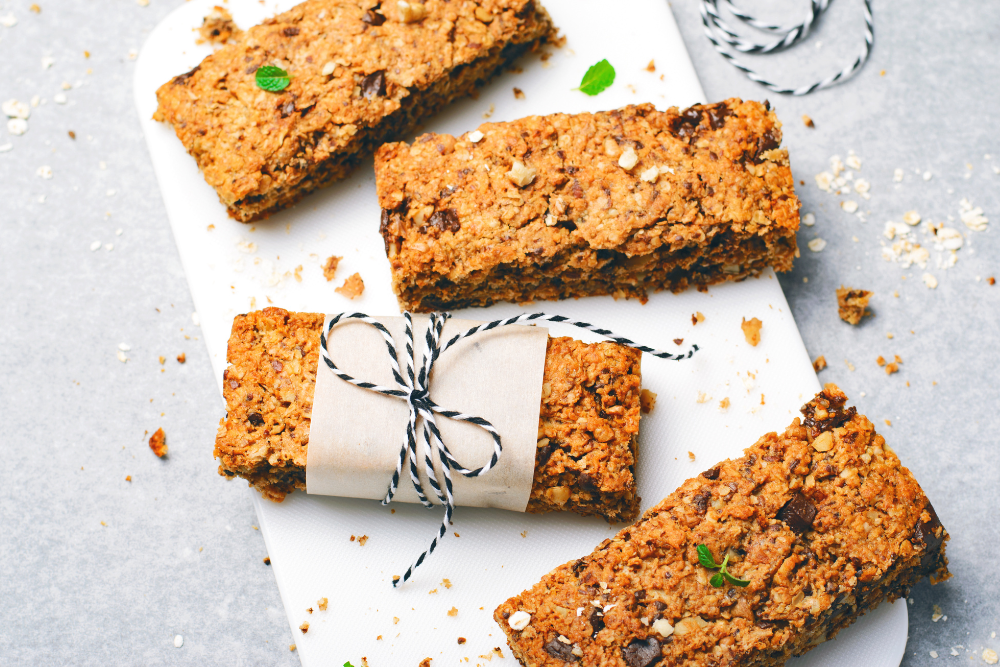Health and Nutrition
5 Plant-Based Foods That Aren’t as Healthy as You Think — and What to Eat Instead
Learn which plant-based products to avoid and how to make better choices for clean, nutritious eating

In recent years, people are adopting plant-based diets in an effort to improve their health, reduce processed food intake, or simply feel better. However, not everything labeled “plant-based” or “vegan” is actually healthy.
Many products are marketed as “healthy” simply because they’re plant-based, but they can still contain hidden sugars (under different names), preservatives, low-quality oils, and heavily processed ingredients that may harm your health.
If you want to enjoy the benefits of a natural plant-based diet without falling into common traps, these are five plant-based foods you should be cautious about:
1. Store-Bought Plant Milks
Almond milk, oat milk, and soy milk are popular alternatives to dairy — but have you checked the ingredients list?
Many plant-based milks contain added sugars, canola oil, or other processed fats that disrupt your body’s healthy fat balance. Some also include preservatives and additives that can trigger digestive issues.
Better choice: Look for unsweetened, additive-free plant milks, or make your own at home with soaked almonds or cashews blended with water.
2. Vegan Protein Bars
Trying to add more plant-based protein often leads people to grab a so-called “healthy” protein bar for energy and fullness. Are they really a good meal replacement?
Many contain corn syrup, sugar, or artificial sweeteners like sorbitol that can cause bloating or digestive discomfort. Some also use low-quality protein powders and processed oils — making their fat and sugar content comparable to a candy bar.
Better choice: Choose protein bars with a short list of recognizable ingredients and no added sugars — or make your own using oats, almonds, and dates.
3. Processed Meat Substitutes
Vegan burgers, plant-based sausages, and veggie schnitzels seem like convenient options for transitioning to a vegetarian diet. However, many of these products are high in sodium, contain highly processed soy protein, and are loaded with flavor enhancers like MSG.
Better choice: Skip the prepackaged meat alternatives and make your own lentil burgers, quinoa patties, or marinated tofu for a more natural, nutrient-rich meal.
4. “Healthy” Breakfast Cereals and Granola
Granola, vegan cornflakes, and whole grain cereals are often marketed as healthy, but they can be significant sources of hidden sugar.
Many breakfast cereals cause a quick energy spike followed by a crash. Some brands also include refined oils and hydrogenated fats that lower the product’s nutritional value. Even store-bought granola can be loaded with honey or processed maple syrup.
Better choice: Make your own granola using rolled oats, raw nuts, cacao nibs, and unsweetened coconut flakes — no added sugars needed.
5. Plant-Based Spreads
Vegan chocolate spreads, low-fat peanut butter, and commercial nut butters may look healthier, but they’re not always good for you. Many contain refined sugars, hydrogenated oils, and even trans fats. Low-fat peanut butter, for instance, often has more sugar and artificial stabilizers.
Better choice: Choose 100% natural peanut butter with no additives — or make your own nut butters at home using roasted almonds, cashews, or hazelnuts with no added sugar.
Should You Stop Eating Plant-Based?
Absolutely not! A plant-based diet can be incredibly healthy, but not every plant-based product is good for you.
✔ Read nutrition labels and avoid products with long or unfamiliar ingredient lists.
✔ Less processed = better: The closer the food is to its natural state, the more nutritious it is.
✔ Make your own basics at home so you know exactly what you're putting into your body.
If you choose wisely, you can enjoy a truly natural plant-based diet that nourishes your body and gives it what it really needs.
 'Natural' snacks aren't always healthy
'Natural' snacks aren't always healthy

